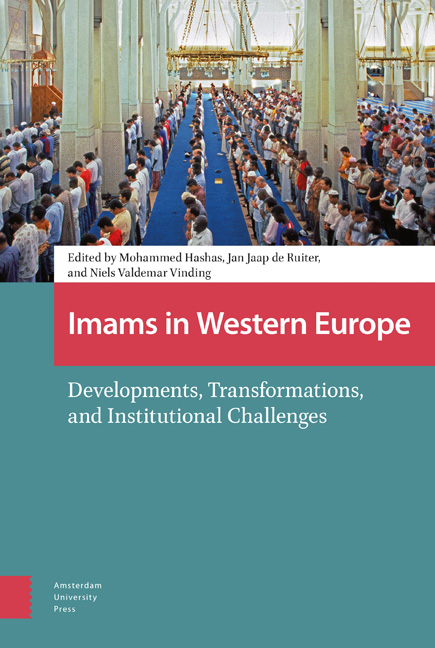10 - I-Imams Studying Female Islamic Authority Online
Published online by Cambridge University Press: 06 January 2021
Summary
Abstract
Using Facebook as a case study, this chapter details how self-proclaimed jihadist women construct and disseminate an online discourse to engage their audience with jihadist ideology. The empirical data provide a glimpse into the mechanisms that enable female Islamic authority online, while the theoretical framework describes the elements of jihadist propaganda used to grant legitimacy to those who assume the roles of, in this case, female i-Imams. The study shows that female online authority promotes the transformation of women into warriors.
Keywords: i-Imam, i-Khutba, female virtual leadership, jihad, Islamic State
Introduction
Since the advent of the Internet, and with it Islamic websites, in the late 1990s, Islamic religious authority has acquired a new layer of complexity: cyber religious authority. Online spaces that are used by i-Imams to inform, lecture, and decide about Islamic subjects are very popular, particularly among Muslim youth. The online minbar (‘pulpit’) has become a virtual platform for the i-Imams: a (usually) hardly controlled space where communications formatted as fatwas are often issued without any legal validation or guarantee of the professional or educational training of the issuers. The question of legitimacy and authenticity is even more pertinent because the Internet is an open, free, and global communication tool. Moreover, i-Khutbas (‘Internet sermons’) are attractively presented in simple English via Facebook, YouTube, or Google Plus and offer an interactive way to debate all aspects of Islamic living from rituals to sacred sources.
More recently, these sites also serve the goal of the radicalization and online recruitment of young women to engage in jihadist war scenarios, including in Syria and Iraq. In this chapter, i-Imams, understood from a female perspective and as a virtual Islamic authority, and i-Khutba, understood as the various shapes virtual Islamic discourse may take, are central to a state-of-the-art study of the imamate in Western Europe (Carvalho, 2014). The present chapter approaches the online construction of female authority through the analysis of the online performance of young Spanish-speaking Muslim women, specifically using Facebook as a social networking case study.
On Facebook, the female informants export similar rules of engagement to their online groups as those that prevail in their daily lives.
- Type
- Chapter
- Information
- Imams in Western EuropeDevelopments, Transformations, and Institutional Challenges, pp. 185 - 204Publisher: Amsterdam University PressPrint publication year: 2018
- 1
- Cited by



